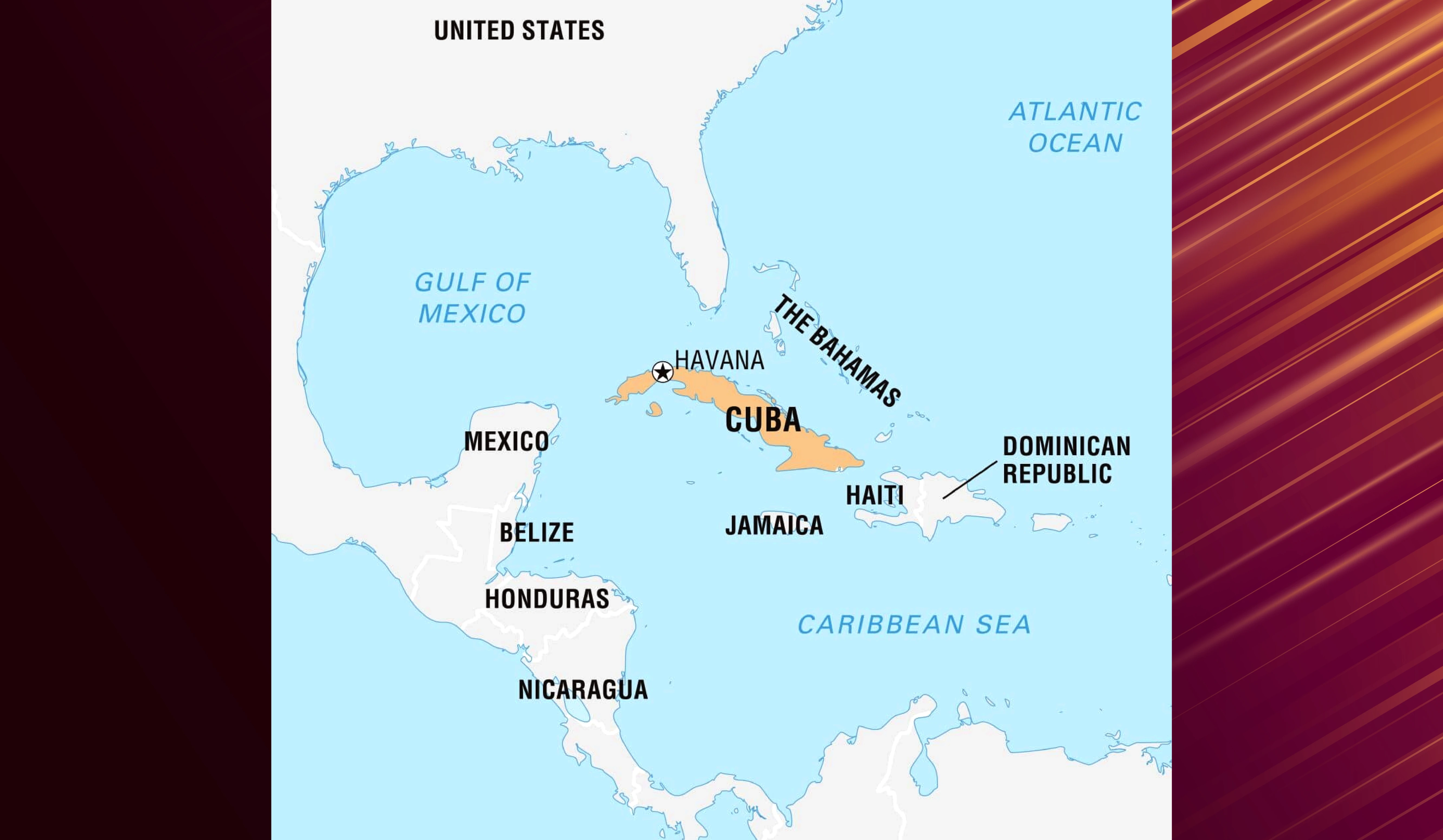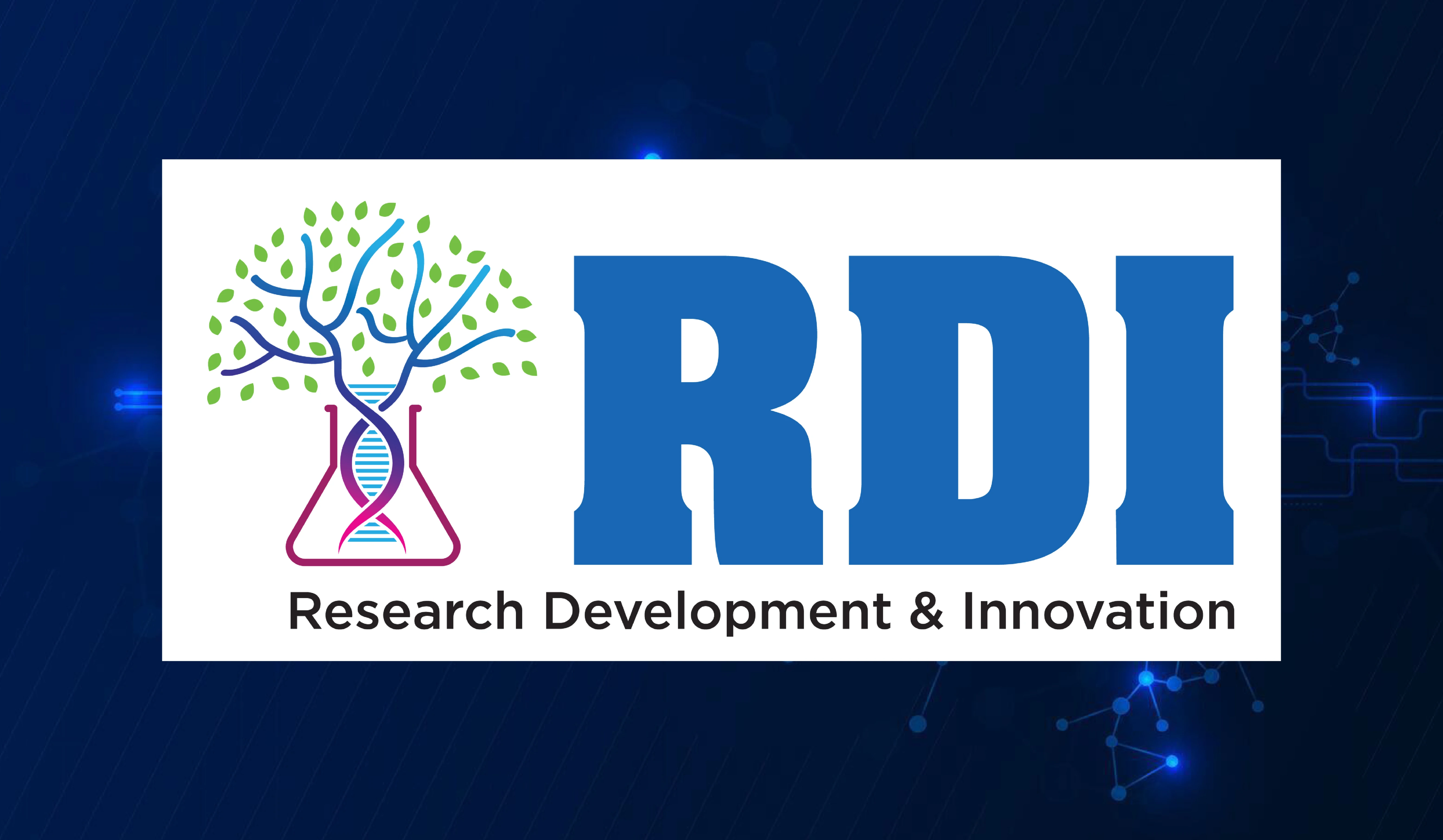IIT Delhi Curriculum Revamp
IIT Delhi has undertaken a significant reform of its undergraduate curriculum to create a more student-centric educational experience, addressing longstanding issues in Indian higher education.
Key Changes and Features
- Reduced Credit Loads: The curriculum aims to alleviate academic pressure by lowering credit requirements.
- Smaller Class Sizes: Especially in the first year, this change facilitates better faculty-student engagement and eases the transition for students from varied educational backgrounds.
- Hands-on Learning: Emphasis on practical experience to complement theoretical knowledge.
- Interdisciplinary Flexibility: Introduction of integrated courses and the ability for students to change branches after the first year based on merit.
- Sustainability Modules: Incorporation across disciplines to align education with environmental issues.
- Emerging Technologies: Inclusion of AI and machine learning ensures students are prepared for technological advancements.
Addressing Systemic Issues
The curriculum change comes in response to several challenges:
- Mental Health Crises: In 2023–24, IIT Delhi saw six student suicides, reflecting a broader national issue.
- Structural Stressors: An internal committee identified factors like post-coaching fatigue, harsh grading, and discrimination as key stressors.
Efforts Towards Inclusivity and Diversity
- IIT Initiatives: IITs have introduced measures like sports scholarships and supernumerary quotas for women to foster a more inclusive environment.
Vision for the Future
The revamp, built on empathy, innovation, and adaptability, represents a shift away from rote learning towards fostering curiosity and personal growth. The success of this reform hinges on effective implementation.














